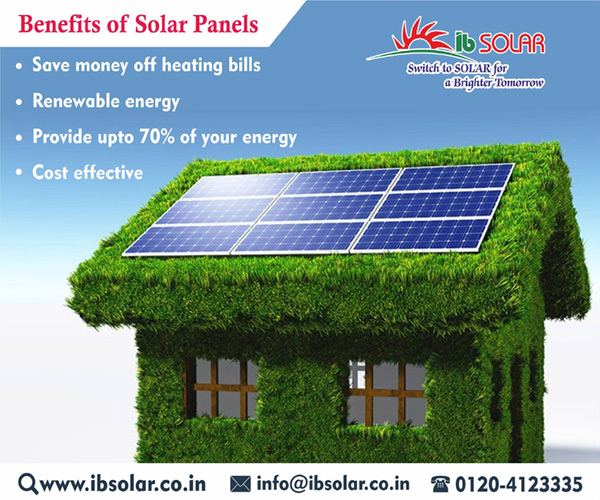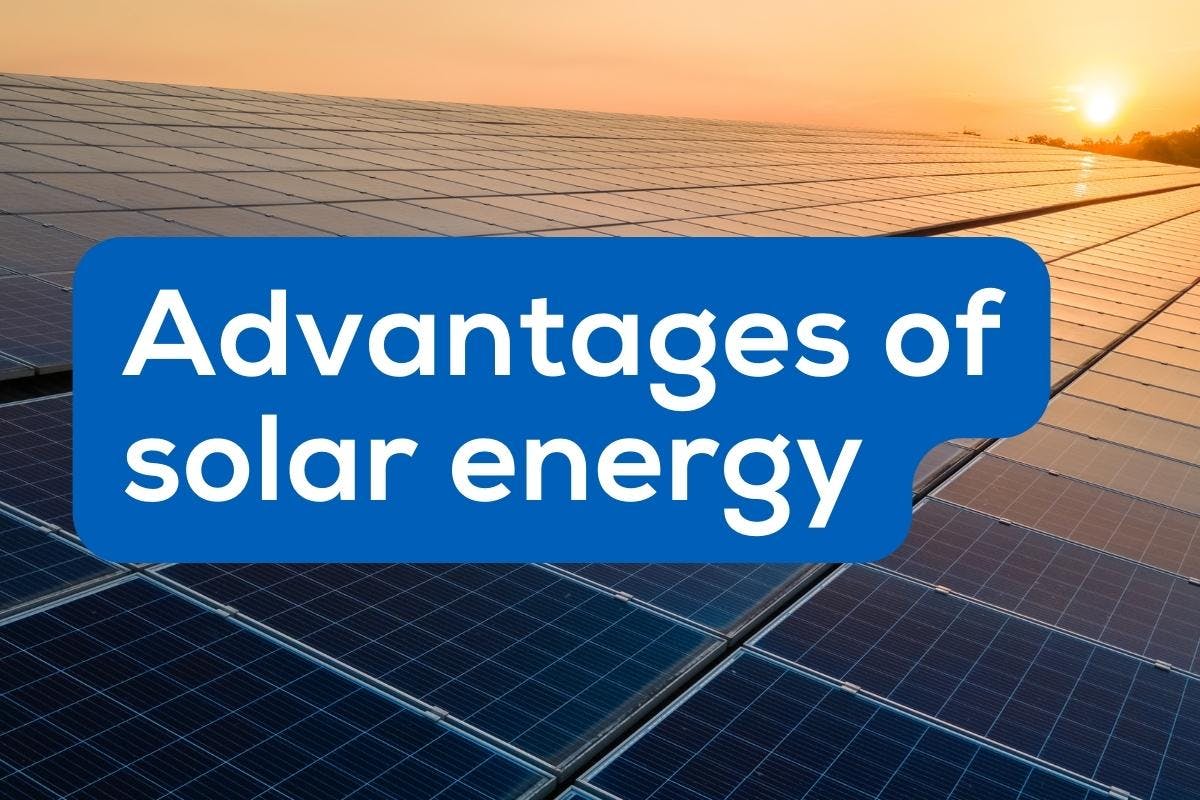Exactly How Solar Energy Can Aid You Conserve Cash and Reduce Your Carbon Footprint
The combination of solar power right into your energy portfolio offers a compelling opportunity for both economic savings and ecological stewardship. As numerous government incentives become available, the inquiry emerges: exactly how can one efficiently browse the first investments and continuous benefits of solar technology to make the most of both financial and environmental gains?
Comprehending Solar Power Savings
While the change to solar power often entails a preliminary investment, comprehending solar power cost savings is critical for property owners and businesses alike. Solar power systems can substantially decrease electricity bills by using the sunlight's power, translating right into significant lasting economic benefits.
Additionally, solar energy systems may get different financial incentives, consisting of tax obligation credits and refunds, further improving their cost-effectiveness. The availability of internet metering enables customers to market excess power back to the grid, producing an additional profits stream. These factors add to the overall financial savings connected with solar power.

In addition to route financial savings, solar power uses the added benefit of enhancing building value. Homes equipped with photovoltaic panels are often more appealing to buyers, as they promise reduced energy expenses - Simply Solar Illinois. Comprehending these aspects is essential for anyone taking into consideration solar power, as it highlights not just the potential monetary gains, however likewise the wider environmental and economic advantages of adopting renewable resource solutions
Preliminary Costs vs. Long-Term Benefits
When examining solar energy, it is essential to weigh the first expenses against the long-lasting benefits. The in advance financial investment for solar panels, setup, and associated equipment can be substantial, usually ranging from $15,000 to $30,000, relying on the system dimension and home energy needs. This preliminary expenditure may deter some property owners; however, it is vital to consider the possible savings in time.
Once set up, solar energy systems can considerably lower or perhaps eliminate regular monthly electricity bills, causing significant lasting economic advantages. Studies suggest that property owners can conserve anywhere from $10,000 to $30,000 over the life-span of their planetary system, generally 25 years. Furthermore, many states use motivations, tax obligation debts, and refunds that can balance out first prices, making solar a lot more easily accessible.

Lowering Your Carbon Footprint
Minimizing your carbon impact is a critical consideration in today's eco conscious society, and embracing solar power have a peek at this website is among the most reliable methods to accomplish this goal. Solar energy is a clean, renewable energy that dramatically reduces reliance on nonrenewable fuel sources, which are significant factors to greenhouse gas emissions.

Moreover, the extensive adoption of solar technology urges the growth of green tasks and sustains advancements in energy storage and efficiency. The more individuals and companies buy solar energy, the better the cumulative decrease in carbon emissions, cultivating a cleaner environment for future generations.
Government Incentives and Rebates
Embracing solar power not only profits the atmosphere yet can likewise lead to considerable monetary savings, specifically with the availability of federal government rewards and rebates. Different federal, state, and neighborhood programs are designed to motivate house owners and companies to buy solar energy systems, making the change much more cost effective.
One of the most prominent motivations is the Federal Financial Investment Tax Credit Score (ITC), which allows solar system proprietors to deduct a significant percentage of the setup expenses from their federal tax obligations. This motivation has been essential in decreasing the in advance expenses connected with solar energy systems. Additionally, numerous states provide their own tax credit ratings, grants, more info here and rebates that can further enhance savings.
Furthermore, some city governments give real estate tax exceptions for solar installments, making certain that house owners do not deal with enhanced real estate tax as an outcome of their renewable resource investments. Utility firms might likewise provide incentives, consisting of web metering and feed-in tariffs, which permit solar power individuals to sell excess power back to the grid.
Picking the Right Solar System
Selecting the ideal planetary system is essential for making the most of energy effectiveness and financial advantages. The read the full info here decision pivots on a number of elements, consisting of energy needs, spending plan, and offered room. House owners should start by examining their electrical power intake to figure out the system size needed for optimal efficiency.
Following, think about the different kinds of solar technologies readily available. Simply Solar Illinois. Photovoltaic Or Pv (PV) panels are the most typical, transforming sunlight straight right into electrical energy, while solar thermal systems focus on home heating water. Each kind has distinctive benefits depending upon individual demands
Spending plan factors to consider are additionally vital. Preliminary installation costs can vary substantially, so it is very important to contrast quotes from numerous suppliers and discover financing options. Federal government motivations and discounts can even more lower the financial problem, making planetary systems more accessible.
Final Thought
The ecological benefits of solar energy add to sustainable practices crucial for combating climate modification. Government motivations enhance the usefulness of solar innovation fostering, motivating a shift towards a cleaner, much more financially effective power source.